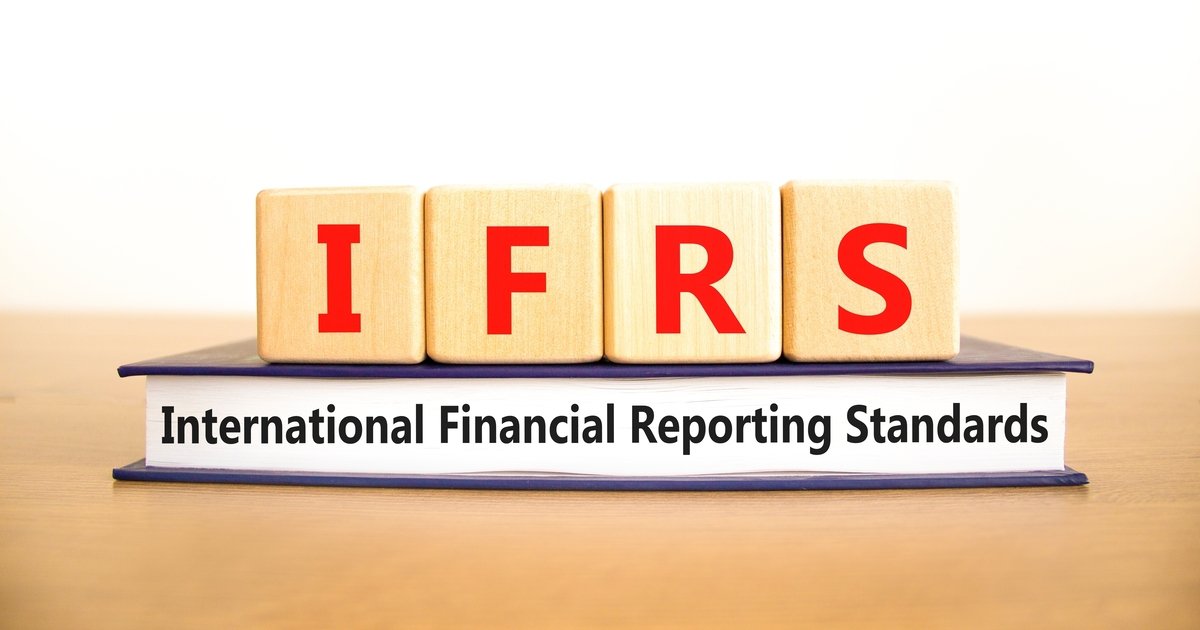In today’s interconnected global economy, businesses operate across multiple countries, requiring consistent financial transparency and compliance with international regulations. This is where international audit plays a crucial role. Unlike a standard audit that focuses on domestic operations, international audits evaluate a company’s financial statements, internal controls, and compliance procedures across various jurisdictions.
An international audit ensures that multinational organisations adhere to International Financial Reporting Standards (IFRS), local tax laws, and global compliance frameworks. By doing so, companies can present accurate financial data to investors, stakeholders, and regulatory authorities, building trust and credibility. It also helps identify potential risks such as fraud, tax irregularities, or mismanagement across international branches.

For businesses expanding globally, international audits provide valuable insights into performance across regions. Auditors assess whether subsidiaries and foreign offices are aligned with the parent company’s financial practices. This consistency strengthens corporate governance and enables management to make informed decisions about growth strategies, mergers, or acquisitions.
Moreover, international audits protect organisations from reputational and legal risks. Non-compliance with foreign regulations can lead to penalties, trade restrictions, or loss of investor confidence. Regular audits minimise these risks by ensuring timely corrections and strategic recommendations.
In conclusion, international audits are not just about compliance—they are a cornerstone of sustainable growth. By ensuring transparency, accountability, and global alignment, they empower businesses to thrive in a competitive international marketplace.




.jpg)
Comments